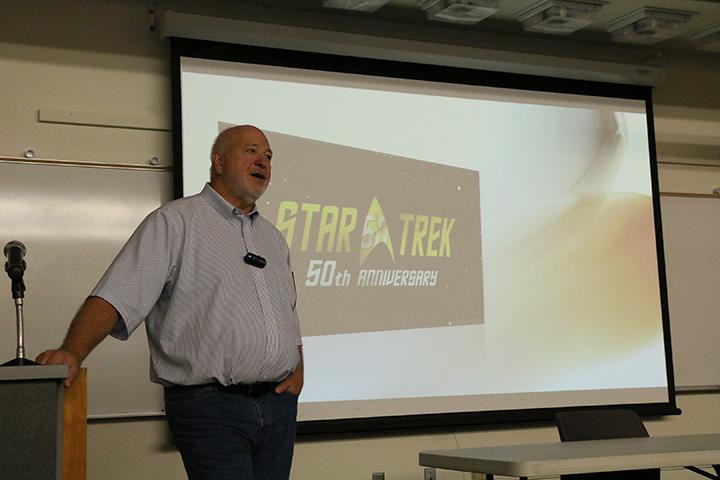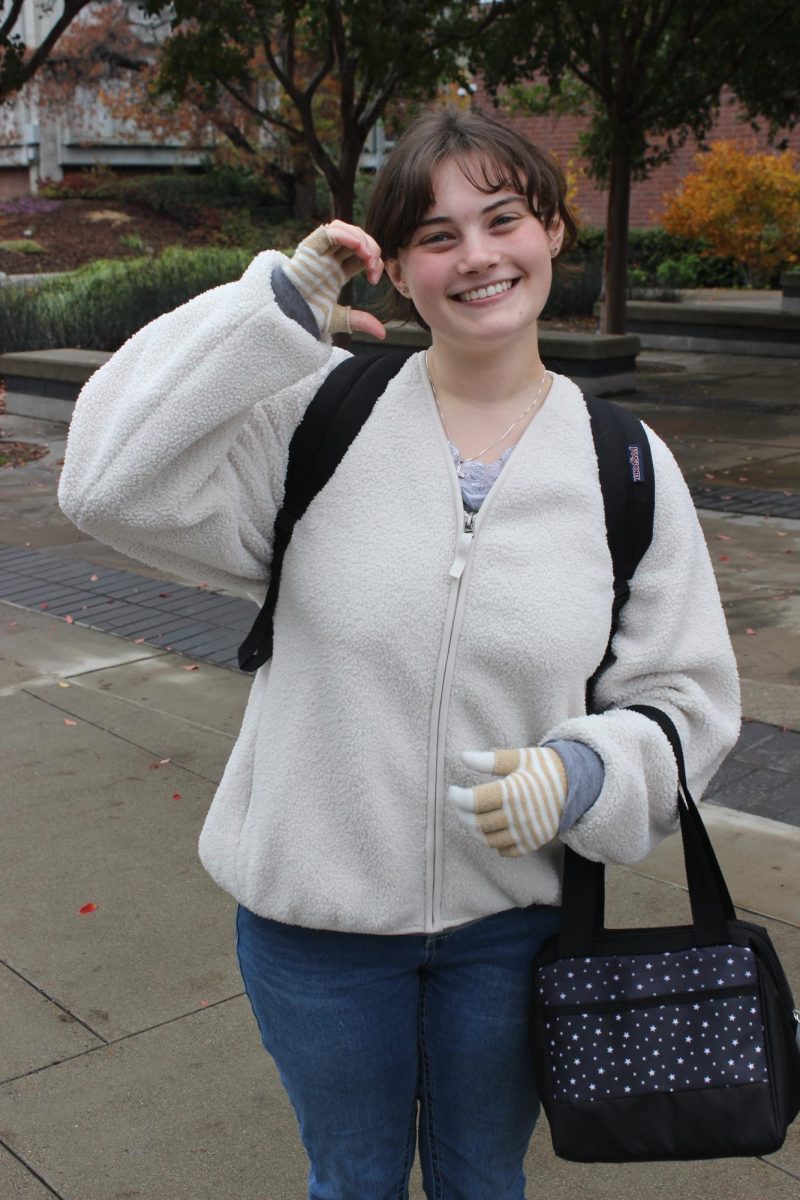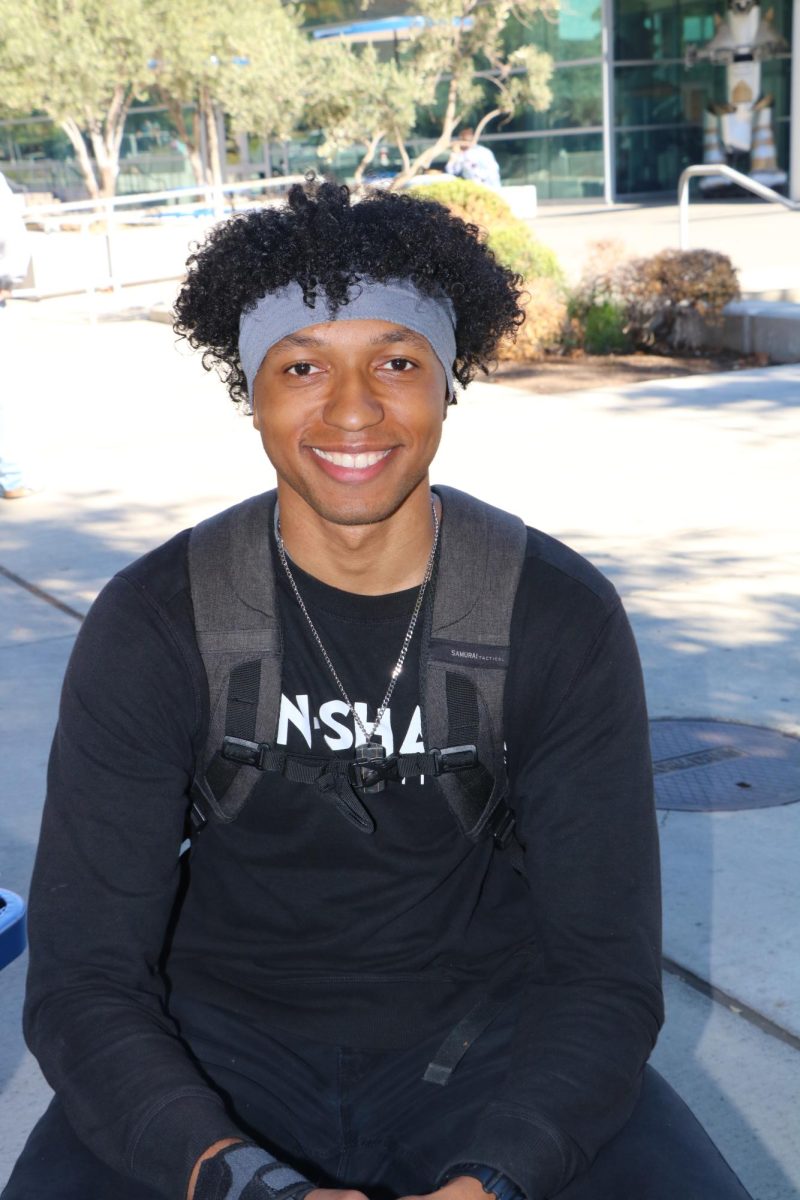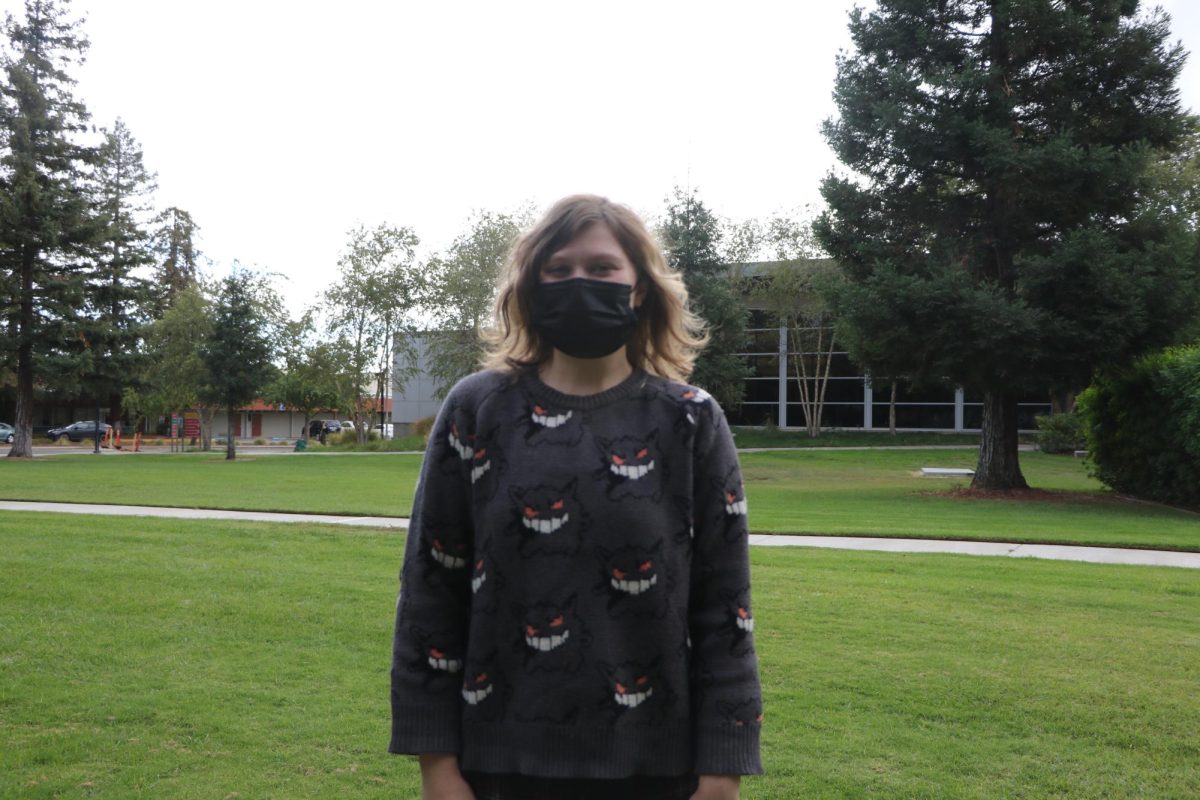Star Trek has been known as a science fiction phenomenon for decades.
ARC Professor Bob Lyman brought up at the college hour that Star Trek revolutionized social and political issues.
Lyman became inspired to protest and join the civil rights movement when he was 19 because of Star Trek.
“When (Star Trek) came out I had taken part in both civil rights and war protests,” said Lyman
Lyman had addressed that Star Trek at first did not handle feminism issues well, but eventually started to understand the audience.
ARC student Samara Alcutt had not seen a Star Trek episode yet.
“I’ve known about Star Trek but didn’t know about the social issues,” Alcutt said.
Lyman said that women wore miniskirts and a character by the name of Yeoman Rand, played by Grace Lee Whitney did not have a significant role on the early episodes of Star Trek.
ARC student Anthony Indrieri and Lyman have a similar back story when witnessing events around the 1960s.
“I watched it as a kid in 1969 and the Vietnam war on TV,” Indrieri said.
Indrieri complimented Lyman on his knowledge of Star Trek with one exception.
“He seemed pretty knowledgeable, but left out the animated series.” Indrieri said.
Lyman said that the television show “I Spy” had some influence on breaking the “ever present tension” of racial bias.
However, Lyman did not believe I Spy could have been more successful than Star Trek.
For example, in an episode of Star Trek there were creatures who had their face colored with black and white.
These two were enemies, and Lyman had explained that the crew of Star Trek from the original show tried to bring peace amongst these individuals.
It was not successful, but the moral of the story was to find peace against two opposing forces.
During the 1960s the rise of race wars and civil rights protests Star Trek did an episode that tried to tackle this issue, according to Lyman.
Lyman at the end of the college hour tried to help those who attended to boldy go where they have not gone before.














